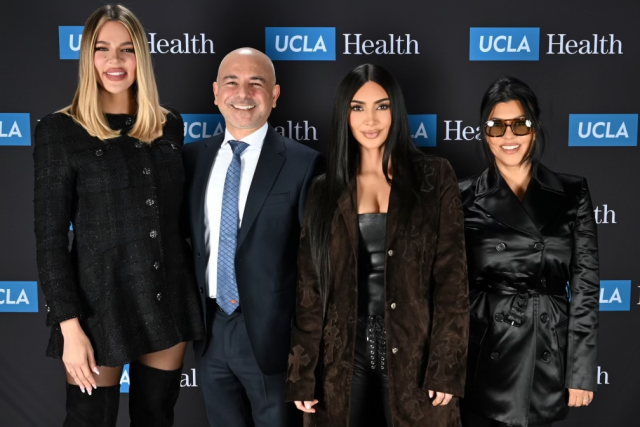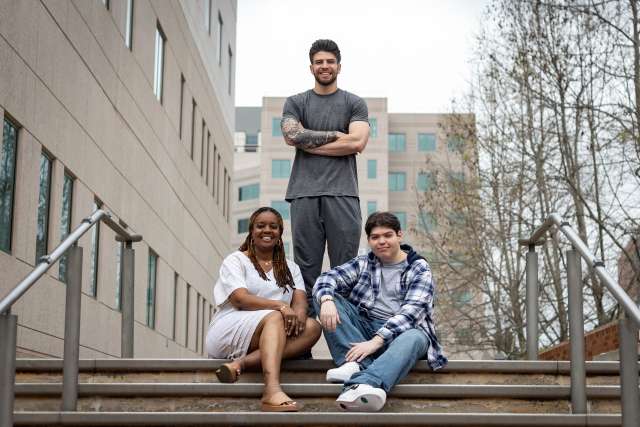The National Institutes of Health has awarded UCLA Mattel Children's Hospital and several partner institutions $6 million to explore new ways to make kidney transplants more tolerable for children.
The five-year grant, part of the NIH's Clinical Trials in Organ Transplantation in Children program, will support studies on pediatric renal transplantation by researchers at UCLA, Emory University's School of Medicine, Children's Healthcare of Atlanta and the Lucile Packard Children's Hospital at Stanford University.
Each center will focus on a specific aspect of improving long-term outcomes for kidney transplant patients. UCLA will concentrate on adolescent patients, particularly those between the ages of 13 and 19, who, research has shown, may have less favorable long-term outcomes than other patients.
"Adolescent kidney transplant recipients generally do superb at the one-year transplant mark. However, they do less well at the five-year mark," said the grant's principal investigator, Dr. Robert Ettenger, a professor of pediatric nephrology and director of the pediatric kidney transplant program at Mattel Children's Hospital. "We think noncompliance in taking their medications might play a significant role."
UCLA's research will center on patients who received kidney transplants during their adolescent years, as well as those who received transplants at younger age and are now adolescents.
"We will be looking at cutting-edge ways to understand compliance and organ rejection in this age group, including quality-of-life barriers such as socioeconomic and cultural differences," Ettenger said. "One of our goals will be to develop new medications to help ease the burden of taking medications. For example, maybe we can figure out a way for them to take their medicine once a week instead of three times a day."
In addition, UCLA reserchers will examine the transition period from adolescence to adulthood a period when patients are at a higher danger of losing transplanted kidneys.
In addition, UCLA reserchers will examine the transition period from adolescence to adulthood a period when patients are at a higher danger of losing transplanted kidneys.
Researchers at Emory University and Children's Healthcare Atlanta will study how patients' immune systems evolve as they get older, and those at Stanford will explore the genomics of organ rejection.
The groundwork for the study came from a research grant from the Casey Lee Ball Foundation, which provided seed money to conduct the studies needed to become leaders in this NIH initiative, Ettenger said.
Started in 1980, the pediatric kidney transplant program at UCLA Mattel Children's Hospital is the largest in the county and performs approximately 45 transplants a year. For more information, visit www2.healthcare.ucla.edu/transplant/kidneypeds.html.



